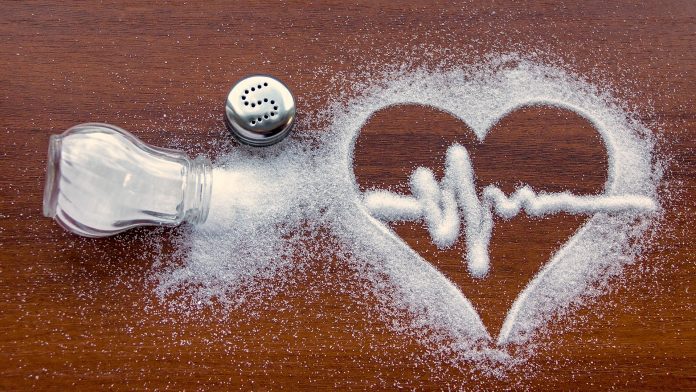
A recent study has revealed troubling levels of sodium intake among individuals dealing with heart disease.
Despite guidelines to restrict sodium, the majority of 3,100 participants exceeded daily limits, putting them at increased risk for cardiovascular issues.
The importance of moderating sodium intake
Sodium, while essential, can pose serious health risks when consumed excessively. Known to elevate blood pressure and contribute to fluid retention, heightened sodium intake can strain the cardiovascular system, particularly for those already battling heart disease.
Current dietary guidelines advocate for a sodium intake of less than 2,300 mg/day for most adults, with a stricter limit of 1,500 mg/day for individuals with cardiovascular conditions.
Concerning trends among people with heart disease
The research utilised data from individuals diagnosed with various cardiovascular conditions, including heart attack, stroke, heart failure, coronary artery disease, or angina, who took part in the National Health and Nutrition Examination Survey (NHANES) spanning from 2009 to 2018.
Sodium intake was estimated by researchers through questionnaires in which participants documented their dietary consumption over a 24-hour period.
The findings revealed that individuals with cardiovascular disease consumed an average of 3,096 mg of sodium daily, slightly below the national average of 3,400 mg/day reported by the U.S. Centers for Disease Control and Prevention.
Furthermore, the study examined sodium intake across different socioeconomic strata. However, upon adjusting for age, sex, race, and educational level, researchers did not discern any significant disparities in sodium intake between wealthier and less affluent participants.
An overwhelming 89% of participants exceeded the recommended daily maximum of 1,500 mg of sodium, with an average consumption of over double this threshold.
These findings underscore the challenges many face in adhering to dietary sodium limits, irrespective of socioeconomic status.
Lead author Dr Elsie Kodjoe, from Piedmont Athens Regional Hospital, emphasised the difficulties individuals encounter in accurately estimating sodium intake.
“The relatively small difference in sodium intake suggests that people with cardiovascular disease are not limiting their intake very much compared with the general population and are also consuming more than double what is recommended,” Kodjoe said.
“To make it easier for patients to adhere to dietary guidelines, we need to find more practical ways for the general public to estimate dietary sodium levels or perhaps consider a reduction in the sodium content of the food we consume right from the source.”
Strategies for controlling sodium consumption
Kodjoe emphasised that people can be proactive in reducing their sodium intake. This involves cooking more meals at home to better manage sodium levels and carefully reading food labels, especially focusing on products containing 140 mg or less of sodium per serving.
Researchers proposed that improved education about the advantages of limiting sodium could encourage more individuals to adhere to these guidelines.
The study’s findings underscore the urgent need for heightened awareness and proactive measures to curb excessive sodium consumption, particularly among those grappling with heart disease.
By prioritising sodium moderation, individuals can take significant strides towards safeguarding their cardiovascular health and enhancing overall well-being.






















